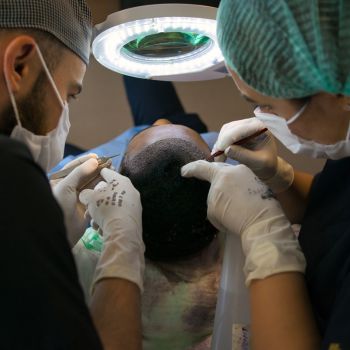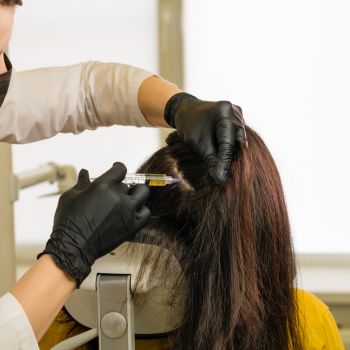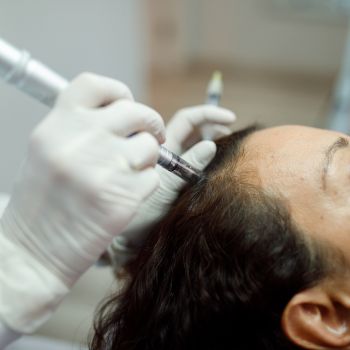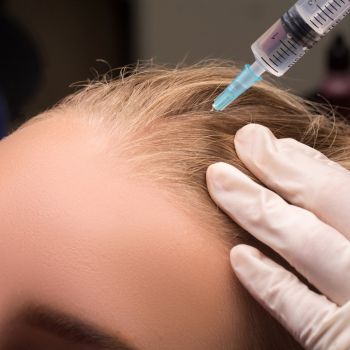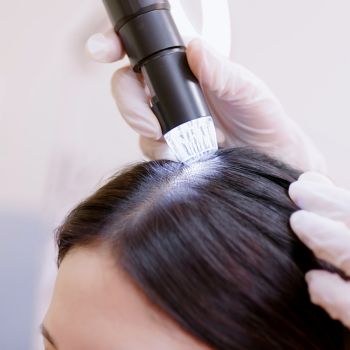
Hair thinning
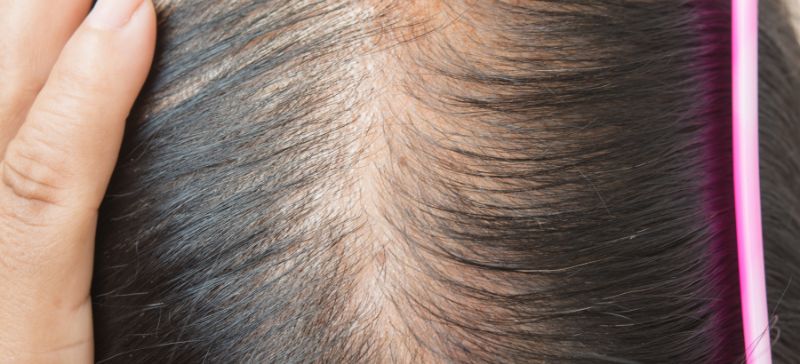
Hair thinning
Hair thinning, also known as hair loss or alopecia, is a common condition that can affect both men and women. It can occur gradually or suddenly and may be temporary or permanent. Hair thinning can be caused by various factors, and understanding the underlying cause is crucial for effective treatment.
Common Causes of Hair Thinning
- Genetics (Androgenetic Alopecia): Also known as male-pattern baldness or female-pattern baldness, this hereditary condition is the most common cause of hair loss. It can affect both men and women.
Hormonal Changes
- Menopause: Hormonal changes during menopause can lead to hair thinning in women.
- Pregnancy: Some women experience temporary hair loss during or after pregnancy.
Medical Conditions
- Thyroid Disorders: Conditions like hypothyroidism or hyperthyroidism can contribute to hair thinning.
- Alopecia Areata: An autoimmune condition that causes hair loss in patches.
- Certain Diseases: Chronic illnesses or medical treatments (e.g., chemotherapy) may result in hair loss.
Nutritional Deficiencies
- Iron Deficiency: Anaemia due to low iron levels can contribute to hair thinning.
- Vitamin D and B Vitamin Deficiencies: Inadequate levels of certain vitamins may affect hair health.
Stress and Emotional Factors
- Telogen Effluvium: Stressful events or emotional trauma can lead to temporary hair thinning.
Diet and Lifestyle
- Poor Nutrition: A diet lacking in essential nutrients can impact hair health.
- Excessive Styling: Overuse of heat styling tools, tight hairstyles, or chemical treatments can damage hair.
Medications
Some medications, such as certain antidepressants, anticoagulants, and cholesterol-lowering drugs, may cause hair thinning as a side effect.

.jpg)
